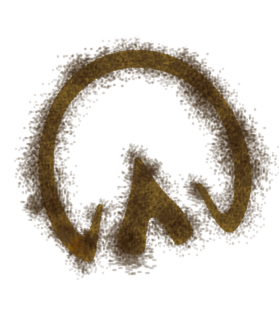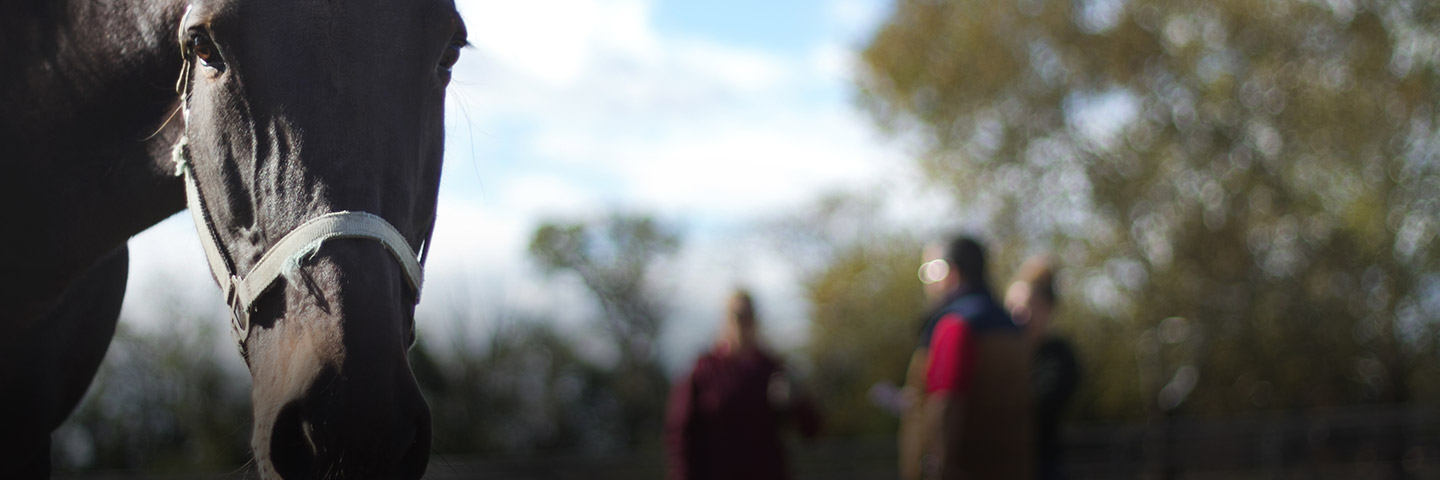Hay Everyone!
Next week will be a time of picnics and relaxation for many people here in the United States. While these festivities are a fun way to spend a summer day, the fireworks lighting up the evening sky as night falls can be a cause of anxiety and concern for many. Among those who may dislike the loud noises fireworks produce are my four-legged friends. Convincing your neighbors and towns to not have fireworks is probably unrealistic, but there are still some steps you can take to keep you and your horse safe this 4th of July!
The first step in any good plan is to have a plan! It’s hard to execute a plan if you have no idea what it entails. Take the time before the 4th of July to come up with your plan and think through what you might need for the day. The planning process also gives you time to assess your unique situation and what resources you have. Each safety plan might look a little different depending on your location and resources.
The first factor to consider is where to keep your horse during the peak fireworks times. This will depend on what areas are available and where your horse is used to being at that time of day. If your horse is typically kept on pasture, then it may be best to leave your horse in its usual location and monitor its activity and stress during the fireworks. If your horse is usually kept in a stall in the evening, then it would probably be best to allow your horse to remain in its stall as usual. Again, you’ll want to make sure you monitor your horse for signs of stress.
Prior to the 4th of July, you’ll want to take a walk through your pastures, stalls, or wherever you plan to have your horse to check for hazards such as broken boards, protruding nails, and holes in the ground. Go ahead and repair any problems you find.
On the 4th of July, try to keep to your horse’s normal routine and schedule as unchanged as possible. You’ll want to have a halter and lead rope on hand. Remember, though, it’s a bad idea to approach and try to handle a frightened horse unless you have lots of experience doing so. You never want to put yourself in a situation where you become injured and are unable to take care of your horse.
If you know your horse is particularly nervous or has a history of becoming very agitated by fireworks, you may want to talk to your veterinarian about the possibility of giving your horse a light sedative. This can help diminish your horse’s activity level and keep it safe.
I hope you take everything you’ve learned today and put it into practice before the 4th of July rolls around! May your holiday be relaxing, fun, and safe for everyone involved!
Happy 4th of July!
Your Friend,

Lord Nelson

